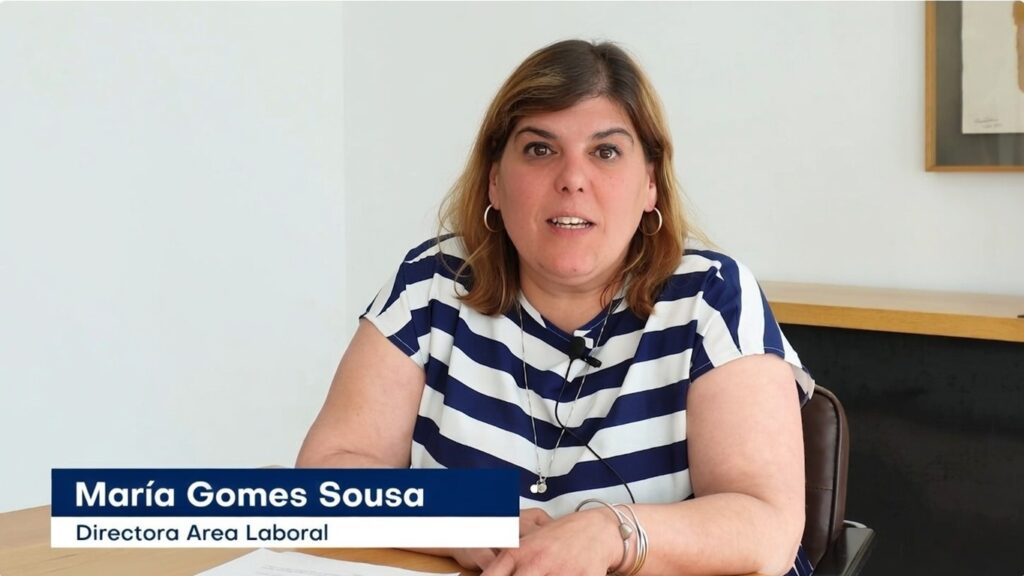
The Supreme Court has admitted an appeal in cassation where it will have to rule on whether in cases in which the parties intend to carry out a corporate spin-off, they must obligatorily submit to the procedures of the Structural Modifications Law or whether they can formalize another legal transaction, such as a sale and purchase, in order to avoid the guarantees and obligations of said Law.
In order to circumvent the law on corporate segregations, the administrators sold to another company a branch of activity, but separating the liabilities from the operation, which remained in the transferor company, thereby causing the company to enter into insolvency proceedings with its creditors. The operation could be classified as fraudulent because it placed the company in a situation where it was unable to meet its debts with its creditors.
The relevance and interest of this appeal filed by Thomas de Carranza Abogados lies in the fact that the High Court will establish the doctrine on this type of operations carried out by corporate administrators to the detriment or fraud of shareholders and creditors.
The appeal maintains the thesis that spin-off operations, by virtue of which an economic unit is transferred to another company in exchange for the participation in its capital stock, must respect the formalities and guarantees established in the Structural Modifications Law, and the parties cannot formalize the operation through a purchase agreement with the purpose of circumventing the law.
The legal guarantees foreseen for the spin-off and segregation consist of the mandatory preparation of a Spin-Off Plan, the issuance of a report by the directors, a report by independent experts, the preparation of the spin-off balance sheet, the verification of the balance sheet by an auditor, the approval by the General Shareholders’ Meeting, the opening of an information period, the approval of the resolution at the General Shareholders’ Meeting and the respect of the rights of opposition.




